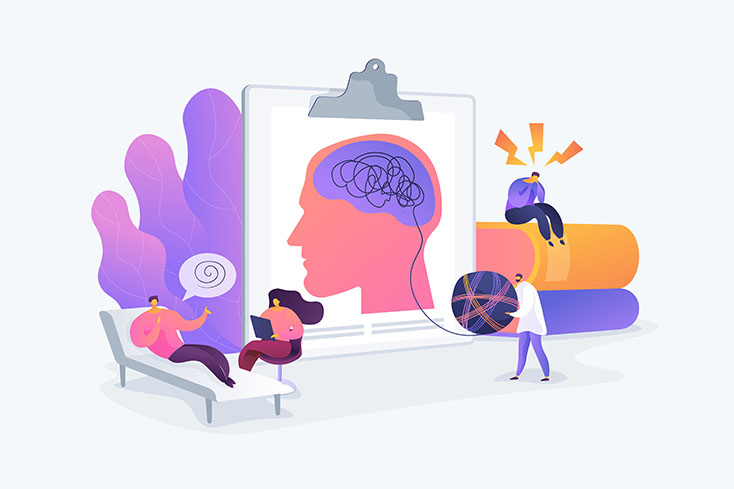
Bipolar Treatment That Helps You Find Balance
Steady your mood and reclaim your life.
You can live well with bipolar disorder. At Cypress Therapy & Counseling, we help you manage mood swings through proven therapies and brain healing. Our holistic health services treat your whole self—not just the symptoms.
Complete Bipolar Support for Your Mind, Body, and Spirit
Bipolar disorder means your mood swings between extreme highs and lows. Manic episodes bring high energy and poor decisions. Depression episodes bring sadness and no energy. Our bipolar treatment uses proven therapies and brain training to help you find balance. We believe in treating your whole self—mind, body, and spirit.
IASIS Brain Training for Bipolar Disorder
Our IASIS neurofeedback therapy helps balance brain activity that causes mood swings. This gentle treatment helps steady your emotions and improves sleep naturally.
One-on-One Counseling for Mood Balance
Through individual counseling, we teach you skills to spot mood changes early. You’ll learn tools to manage both high and low periods. We use methods like CBT and DBT that really work.
Family Support for Bipolar Challenges
Bipolar disorder affects the whole family. Our family counseling helps your loved ones understand mood swings better. We teach them how to support you through difficult times.
Complete Wellness Care
We help with the physical and spiritual parts of bipolar disorder. This includes nutrition support, stress help, and holistic spiritual counseling.

Why People With Bipolar Disorder Choose Us Again and Again
At Cypress Therapy & Counseling, we know bipolar disorder is a real medical condition that needs expert care. Our team gives caring support while using the latest brain therapies to help you find stability. Learn more about our company and our understanding approach to bipolar treatment.
Advanced Brain Therapy
Whole-Person Recovery
Mood Disorder Specialists
Crisis Support Planning
Flexible Treatment Options
What Our Clients Say
Our clients often share how bipolar treatment helped them recognize mood changes early and manage episodes better. Read more client reviews to see how we’ve helped people with bipolar disorder find stability and hope.
FAQs
What is bipolar disorder treatment?
How does brain training help with bipolar disorder?
Can you help during a mood episode?
Do you work with medication doctors?
How long does bipolar treatment take?
Can family members get support, too?
How are Bipolar I and Bipolar II different?
Can you help with bipolar depression?
Is brain training safe for people with bipolar disorder?
How do I know if I have bipolar disorder?
Trusted Bipolar Care in Southeast Texas
Living with bipolar disorder can feel like your emotions go up and down all the time, but you can find balance. Our proven therapies help clients across Cypress, Tomball, and Houston learn to manage mood swings and build meaningful lives. Whether you’re seeking mental health care in Cypress and beyond for yourself or a loved one, we’re here to help you find balance.
Mental Health Resources & Insights
Bipolar disorder is a lifelong condition, but with the right support, you can live a full and happy life. Our blog shares practical tips for managing mood swings, building healthy routines, and supporting loved ones with bipolar disorder.

Social Media and Mental Health

7 Behaviors for Improving Mental Health




